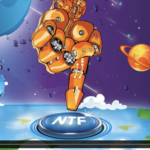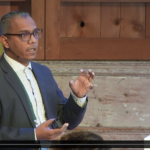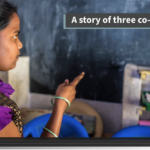
TRACI THOMAS
Boston Consulting Group
[s2If current_user_can(access_s2member_level1)]
[/s2If]
[s2If !is_user_logged_in()]
Join EPIC to access video:
→ Learn about Membership
→ Browse Video Library
[/s2If]
[s2If current_user_is(subscriber)]
Join EPIC to access video:
→ Learn about Membership
→ Browse Video Library
[/s2If]
What happens when the research lens is turned inward? As a Strategic Designer, I spend most of time planning for research to engage with people so I can better understand their needs and behaviors and turn research insights into actionable solutions. In this PechaKucha, I share a personal reflection of what resilience means to me and the insights I gleaned based on my own experiences during the pandemic. It’s a visual story about a journey of pain and loss, but also strength through discovery, experimentation, and adaptability.
George Floyd protest in Nubian Square, Boston. May 2020. Photo by Traci Thomas
Traci Thomas is a Principal Strategic Designer at the Boston Consulting Group....










